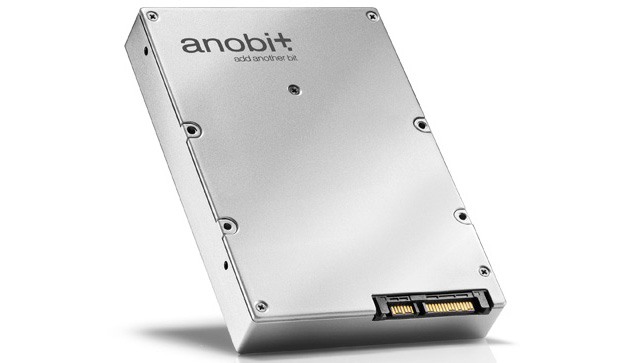
Apple is reportedly in negotiations to buy Israel-based flash storage maker Anobit for between $400 million and $500 million, according to Hebrew-language financial daily Calcalist. Neither Apple nor Anobit have yet agreed to comment on the matter.
Anobit makes an advanced chip that increases the performance of flash drives. Apple already uses the Anobit chips in a number of its devices, including the MacBook Air, iPhone, iPad, and iPod touch devices.
Of course, Apple isn’t Anobit’s only customer. Other buyers are said to include Hynix and Samsung, both of which manufacture flash drives. According to Reuters, Hynix is the primary supplier of flash memory for the iPhone 4S, and uses the Anobit chip to up the performance of devices that use its flash drives.
Anobit’s chip uses “Memory Signal Processing” (MSP) technology, which ups the performance of flash memory in a number of ways, including speed and endurance. Apple’s reason for buying Anobit, if that is really the case, is to further advance the MSP technology — specifically the MSP20xx flash controllers that are used in smartphones and tablets — which could double the storage size of its next-generation iDevices and MacBook Airs.
The move is considered a curious one, as Apple has traditionally only used its mountains of cash to purchase software companies, not hardware makers.
(via TechCrunch)
Editors' Recommendations
- France forces Apple to rate how easy it is to repair broken iPhones and MacBooks
- Apple expected to unveil four new iPhones, two Apple Watches later this year
- Apple Card will reportedly offer interest-free installments for iPads, Macs
- Apple App Store error reportedly saw 20M ratings erased in a week


